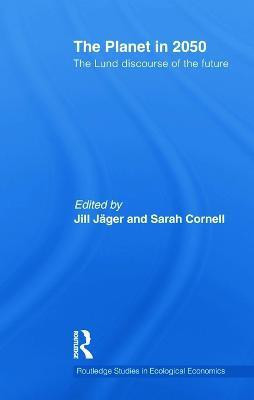The Planet in 2050(English, Paperback, unknown)
Quick Overview
Product Price Comparison
In 2050, the billions of people living on Earth have found a way to manage the planetary system effectively. Everyone has access to adequate food, shelter, and clean water. Human health is no longer considered outside of the health of the ecosystems in which people live. Ecological awareness is an integral part of education. People respond effectively to social and environmental hazards, and societies care for the most vulnerable amongst them. The economy, too, has shifted. Carbon dioxide management is under control, and energy efficiency is the norm. The remaining rainforests have been preserved. Coral reefs are recovering. Fish stocks are thriving. Is any of this really possible? How can our complex social and economic systems interact with a complex planetary system undergoing rapid change to create a future we all want? This book is a contextualised collation of ideas articulated by the 50 participants of the Planet 2050 workshop held in Lund in October 2008, as part of The Planet in 2050, an interdisciplinary Fast Track Initiative of the International Geosphere-Biosphere Programme. Participants were selected from academia and the sustainability practice community to give a wide-ranging, multi-cultural, trans-disciplinary set of perspectives. This collection explores four broad sectoral themes: energy and technologies; development, economies and culture; environment; and land use change. By doing so, this book emphasises the importance of a social dialogue on our collective future, and our responsibility to the Earth. It makes strong statements about what needs to happen to the global economy for a sustainable future and documents a new kind of scholarly discussion, engaging people from diverse knowledge communities in a spirit of exploration and reflexivity. The book provides a focus for dialogue and further study for postgraduates and researchers interested in global change as a multi-faceted, socio-environmental phenomenon, and as the book is written in an accessible scholarly style, assuming no prior specialist knowledge, it is also suitable for those involved in sustainability initiatives and policy.


